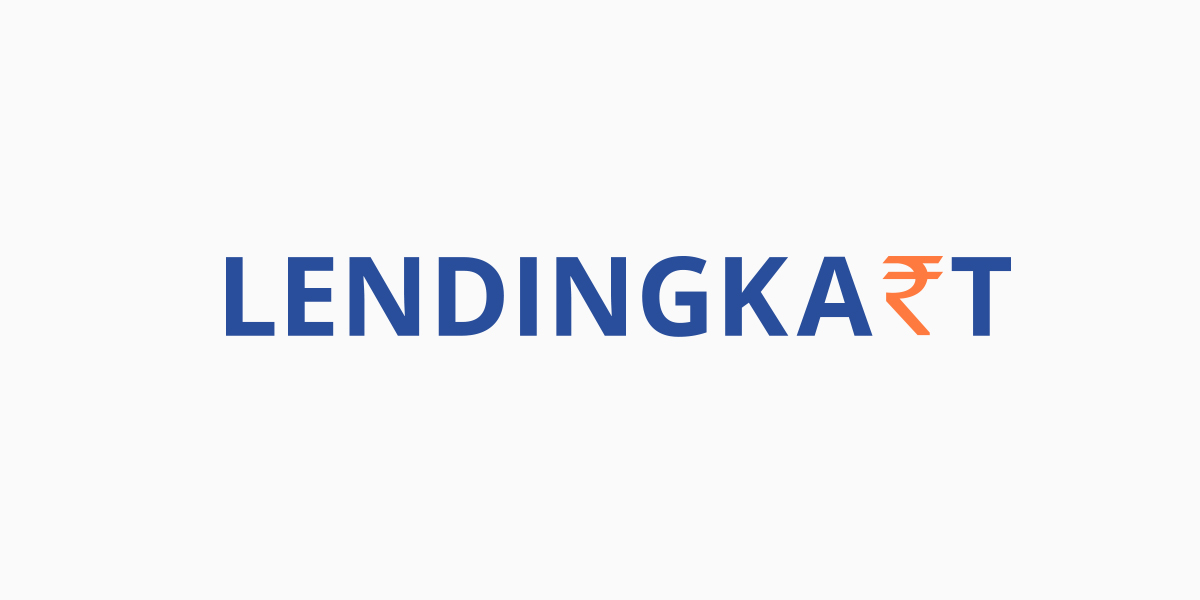
In the vast tapestry of India’s dynamic economic landscape, FinTech startups have emerged as beacons of innovation, redefining the contours of traditional banking, payments, and financial services. From revolutionising digital payments to democratising access to investment opportunities, these startups are not just tapping into the country’s digital boom but are also crafting solutions tailored for its diverse demographic.
As India steadily marches towards becoming a cashless society, let’s delve into the luminaries of this realm, showcasing the best FinTech startups that are shaping the future of finance in the subcontinent.
Top Fintech startups in india
1. Volopay

Emerging as a stellar player in the realm of fintech startups, Volopay, initiated by visionaries Rajith Shaji and Rajesh Raikwar in 2019, aims to streamline and elevate the financial experiences of businesses. Recognizing the challenges and inconveniences faced by companies in managing expenses, Volopay introduced an integrated suite of financial solutions.
From intuitive expense management to sophisticated multicurrency business accounts, their offering is expansive. A standout feature is their provision of unlimited virtual corporate cards, a rarity in the industry, ensuring businesses enjoy a seamless, cost-free financial experience.
2. Paytm

A trailblazer in India’s digital financial landscape, Paytm, founded by the innovative Vijay Shekhar Sharma in 2010, catalyzed the nation’s transition towards digital transactions. This fintech giant’s primary aim is to offer a user-friendly interface where customers can effortlessly conduct a myriad of financial transactions, be it simple fund transfers or complex stock market investments.
Their ubiquitous slogan “Paytm Karo” resonated deeply with Indian consumers, making it synonymous with digital payments. The title of India’s first fintech “unicorn” in 2015 only solidified their monumental role in reshaping the nation’s monetary dynamics.
3. Razorpay

Conceived in India’s technological heart, Bangalore, by the dynamic duo Shashank Kumar and Harshil Mathur in 2014, Razorpay’s primary mission is to simplify and unify payments for businesses and startups. Recognizing the fragmented nature of the payment ecosystem, they brought forth a platform where debit cards, credit cards, UPIs, and even renowned mobile wallets converge. Their commitment to ensuring businesses can navigate their financial transactions smoothly has made them a preferred choice among budding enterprises and established firms alike.
4. Bill Desk

A pioneer in the domain of online payment processing in India, Bill Desk was conceptualized in 2000 by the trio of Karthik Ganapathy, Ajay Murthy, and M.N. Srinivasu, all formerly associated with Arthur Andersen LLP. Their primary vision was to offer a seamless digital payment gateway for businesses and individuals alike. Over the years, its growth trajectory saw it acquire several firms, notably Ezetap, enhancing its footprint and capabilities. A testament to its success and influence in the fintech world was its acquisition by another titan, PayU, in 2021, marking a significant consolidation in India’s payment ecosystem.
5. PolicyBazaar

Venturing into the realm of insurance, PolicyBazaar was established in 2008 by Alok Bansal, Avneesh Nirjar, and Yashish Dahiya. With its headquarters nestled in Gurgaon, the company stands as a leading fintech institution offering a plethora of insurance options to the Indian populace. PolicyBazaar’s primary aim revolves around empowering individuals with comprehensive insurance choices, ranging from health to assets, ensuring optimal coverage and financial protection. Their innovative platform simplifies the process of comparing and selecting insurance plans, making it easier for individuals to find the most suitable policies at affordable premiums.
6. Lendingkart

Established in 2014, Lendingkart emerges as a noteworthy non-banking financial company, duly registered with the Reserve Bank of India. Its genesis was marked by the intent to fuel the growth of small and medium-sized businesses by providing them with essential funds. Recognizing the challenges these enterprises often face in securing traditional loans, Lendingkart introduced a streamlined lending process bolstered by robust analytical tools. These tools evaluate the creditworthiness and potential of businesses, enabling them to access funds swiftly and efficiently. Lendingkart’s commitment lies in bridging the financial gaps and catalyzing the growth of the MSME sector in India.
7. MoneyTap

Launched in 2015 by entrepreneur Bala Parthasarathy, MoneyTap emerged as a distinctive fintech platform in India, bestowing users with the convenience of securing personal loans instantly. Pioneering the app-based lending sector, it offers customers credit lines up to Rs 5 lakh with amenable terms and competitive rates. As its name suggests, MoneyTap encapsulates the essence of obtaining loans with a mere “tap”, revolutionizing the personal lending space in India.
8. Instamojo

Nurtured in the tech-hub of Bangalore, Instamojo was conceived in 2012 with a mission to fortify MSMEs, fledgling businesses, and startups by offering them impeccable payment solutions. With its expansive reach spanning various Indian states, it has catered to over 800,000 businesses. Boasting a massive user base of 10 million registered entities, its exponential growth narrative is a testament to its utility and reliability.
9. ZestMoney

Evolving as a beacon in the digital lending space, ZestMoney, operating under the vigilant guidelines of the RBI, specializes in extending digital EMIs to its users. With its inception in Bangalore, ZestMoney eliminates the traditional dependencies on credit cards or credit scores for EMIs, making aspirational purchases more accessible. Their collaborations with prominent e-commerce giants like Amazon and Flipkart further accentuate their foothold in the fintech landscape.
10. Cred

Brainchild of Kunal Shah in 2018, Cred stands as a hallmark in the fintech universe of India. A unique members-only platform, Cred incentivizes timely credit card bill payments by rewarding users with ‘Cred coins’. These coins can be redeemed to avail of exclusive deals and privileges from elite brands. Beyond just a payment platform, Cred encapsulates the spirit of fostering responsible financial habits while simultaneously offering a plethora of rewards.
Conclusion
India’s fintech landscape is an exhilarating blend of innovation, disruption, and growth. With startups like Volopay, MoneyTap, and Cred, we see the convergence of technology and finance in ways that are redefining how consumers and businesses interact with money.
These trailblazers, with their unique solutions and relentless drive, underscore the tremendous potential of fintech in India. As they pave the way for a more inclusive, efficient, and digital financial ecosystem, the future of finance in the subcontinent looks promising and boundlessly expansive. Whether you’re a business owner, investor, or a curious consumer, keeping an eye on these startups is tantamount to watching the very future of Indian finance unfold.
FAQ
- What are FinTech startups?
FinTech startups are companies that leverage technology to provide innovative financial solutions, ranging from digital payment gateways to lending platforms and insurance services. - Why are FinTech startups becoming popular in India?
With the rising digital penetration, changing consumer behavior, and supportive governmental policies, FinTech startups have gained immense traction in India, offering convenient, efficient, and often cheaper alternatives to traditional financial services. - Is MoneyTap an app-based lending platform?
Yes, MoneyTap is one of India’s pioneering app-based lending platforms, offering personal credit lines to its users instantly. - What unique service does Cred offer?
Cred is a members-only platform that rewards users with ‘Cred coins’ for timely payment of their credit card bills. These coins can be redeemed for exclusive offers from premium brands. - How has Instamojo supported MSMEs?
Instamojo offers impeccable payment solutions tailored for MSMEs, independent businesses, and startups, simplifying their transactions and enhancing their digital reach. - Do all these startups operate under the RBI?
FinTech startups that provide lending services or deal with financial transactions usually operate under guidelines set by the Reserve Bank of India (RBI). - Why has there been a surge in digital lending platforms like ZestMoney?
Digital lending platforms offer the advantage of easy and fast loan approvals without the traditional reliance on credit scores, making aspirational purchases more accessible to a broader audience.

